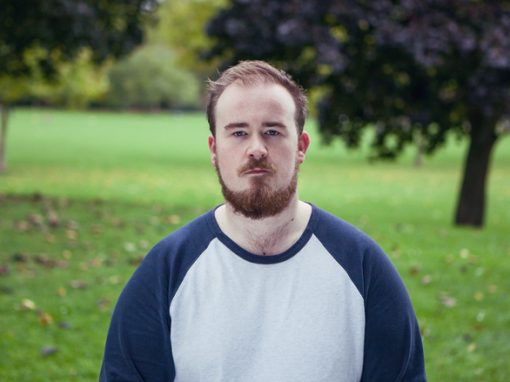Funding
Our Workworld-class research
We’re funding world-class research and studies into mental illness to transform lives and give hope for a brighter future. Learn about what we do and how we fund the future of mental health.
Our research aims
MQ is the first major charity funding mental health research. By connecting scientists with supporters, together we strive to:
Understand mental health
We can’t change what we don’t understand. By studying how and why mental health conditions occur, we can speed diagnosis, improve the search for better treatments and even find ways to prevent mental illness.
Improve treatments
We believe everyone should have access to mental health treatment that works for them. That’s why we’re working to get more people the right treatment, faster.
Prevent mental illness
Some 75% of mental health conditions start before the age of 18, and they can have lifelong impacts. Through research, we can understand who is most at risk and find ways to provide better treatments earlier — with the potential to transform lives.

Key findings
up to
1 in 4
of us will experiences mental illness
2.7 %
of mental health research is funded by public donations
£23 million
of research funded by MQ to date
up to
1 in 4
of us will experience mental illness
2007 Psychiatric Morbidity Survey, run by the Office of National Statistics found that 23% of respondents had at least one psychiatric disorder and 7.2 per cent had two or more disorders
2.7 %
of mental health research is funded by public donations
In 2015, MQ compiled a comprehensive data set on mental health-related research grants awarded by major funders in the UK between 2008 and 2013 – the first of its kind. It showed just how little money is invested in mental health research.
£23 million
of research funded by MQ to date
MQ has invested £23 million since it’s founding in 2013
Top research projects
Our world-class researchers work across all disciplines to tackle mental illness. By supporting this work, you can help transform the way we understand and treat mental illness.

Sex hormones and fear inhibition: A novel exploration of why women are so vulnerable to anxiety disorders
Do natural variations in hormones, such as oestrogen, make anxiety disorders more likely? If so does this affect the way people respond to treatment?

Sensitive periods for the effects of depression on suicide risk: a longitudinal study of gene-environment interactions and epigenetic mechanisms
Principal investigator:Dr Alexandre Lussier
Dr Lussier aims to determine the extent to which child and adolescent depression interacts with genetic susceptibility to influence suicide risk in early adulthood.

Increasing access to social prescribing for people living with severe mental illnesses at risk of cardiovascular disease
Principal investigator:Dr Alexandra Burton
People with severe mental illnesses are at high risk of heart disease due to lack of physical activity and social isolation. Social prescribing can help, but is it accessible?
Policies and plans
You can find MQ’s latest reports that help guide us on today’s mental health issues.